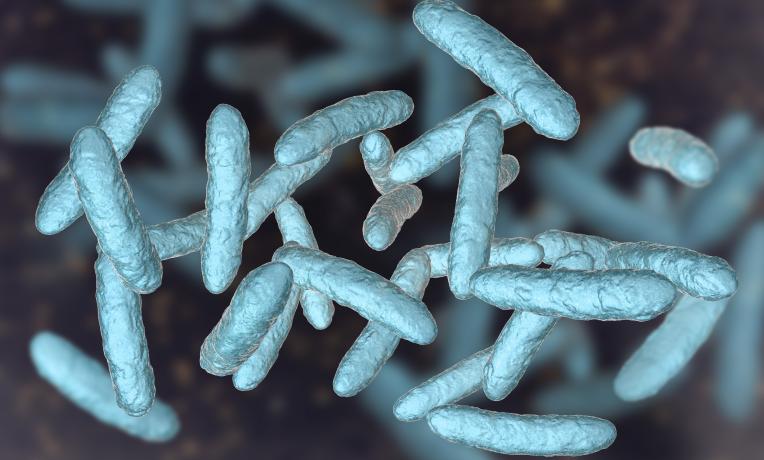Microbiota: a cure for obesity?
Effective treatment for obesity remains a challenge and the only intervention proven to maintain weight loss is bariatric surgery. Intrigued by the beneficial effect that this procedure has on the composition of gut microbiota, Dr Fredrik Bäckhed explores the possibility of mimicking these changes to develop a treatment for obesity that won’t require going under the knife.

The adult gut microbiota consists of up to 100 trillion microorganisms. Its composition is observably altered in humans with cardiometabolic diseases. Researchers have suggested that this difference can be considered as an environmental factor increasing adiposity and influencing obesity-associated metabolic diseases such as type-2 diabetes.
Dr. Bäckhed, who has spent the past 15 years studying the microorganisms living in our digestive tract, developed the hypothesis that surgery changing gut physiology would affect the microbiota too. This was based on the observation that patients undergoing bariatric operations experience a dramatic improvement of metabolic parameters, like insulin resistance, independent of weight loss. The underlying mechanisms of these beneficial effects are still unclear.
Funded by the ERC, in 2015 Dr. Bäckhed presented data confirming his hypothesis. He realized that the more effective the surgery, gastric bypass, the more profound the effect on microbiota. By transferring the microbiota contained in the faeces of humans before and after surgery to mice, his team was able to see that mice with microbiota from post-surgery patients didn’t gain as much fat mass.
The researchers are now trying to figure out what part of the operation induces these changes and are performing clinical trials. Ultimately, their analysis may reveal whether it is possible to induce those microbiotic alterations that lead to weight loss and improvements in metabolism without having surgery. ‘We may find a new drug that could change the microbiota in a similar way as the surgery or we may identify bacteria that can have that effect’ says Dr Bäckhed.
Biography
Based at the University of Gothenburg, Fredrik Bäckhed, an expert in cellular microbiology and mouse physiology, combines clinical research with mouse models to address the role of the normal gut microbiota in metabolic diseases. He received a PhD from Karolinska Institutet (Sweden) and performed his postdoctoral training at Washington University, St Louis (USA), where he identified the gut microbiota as an environmental factor that regulates adiposity and obesity.


